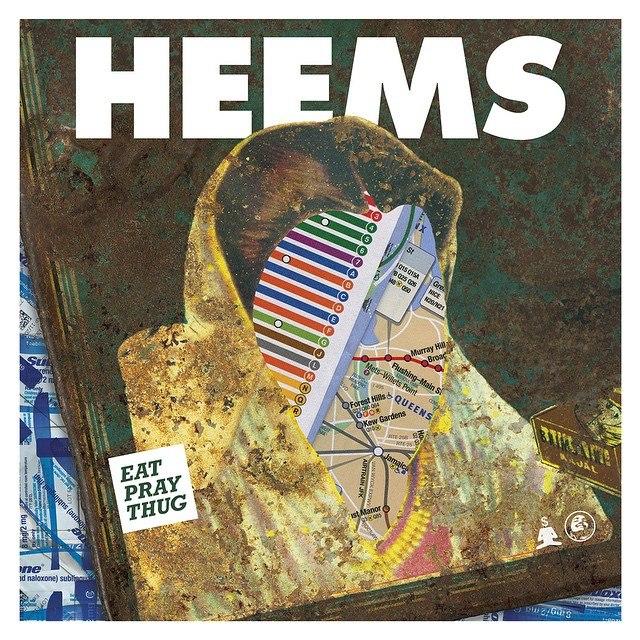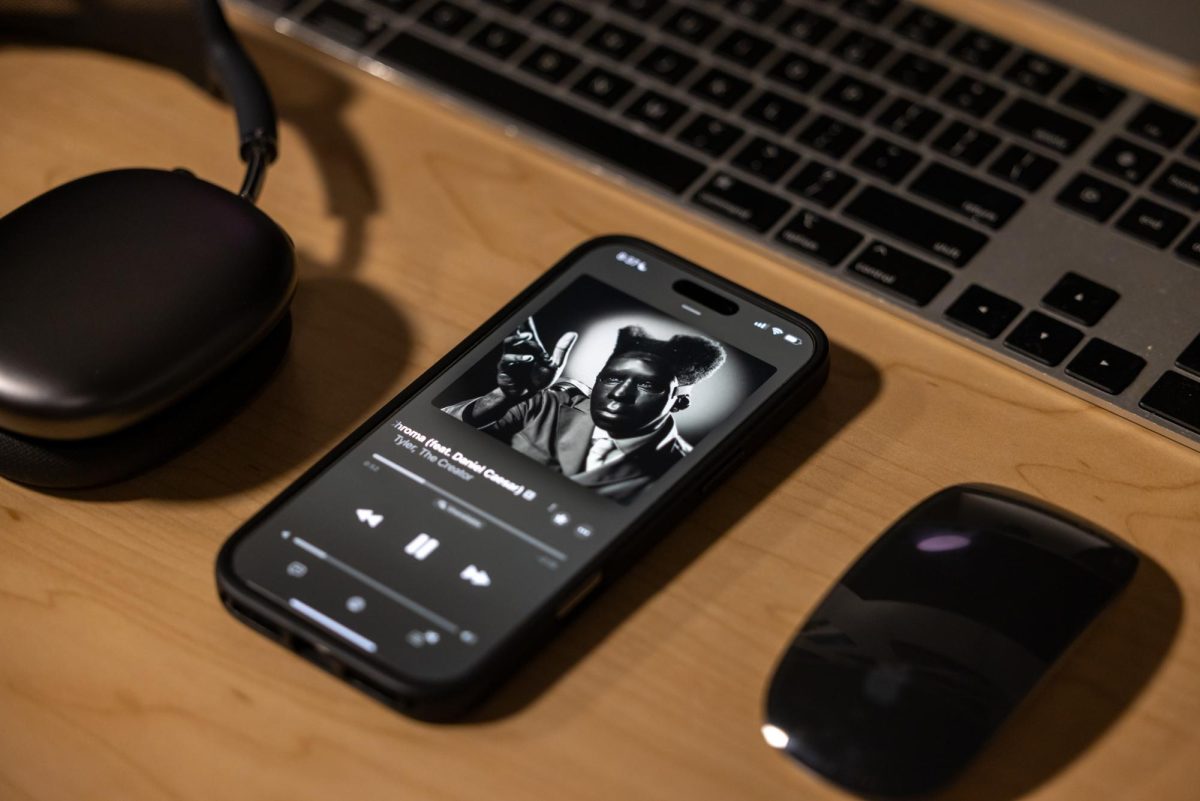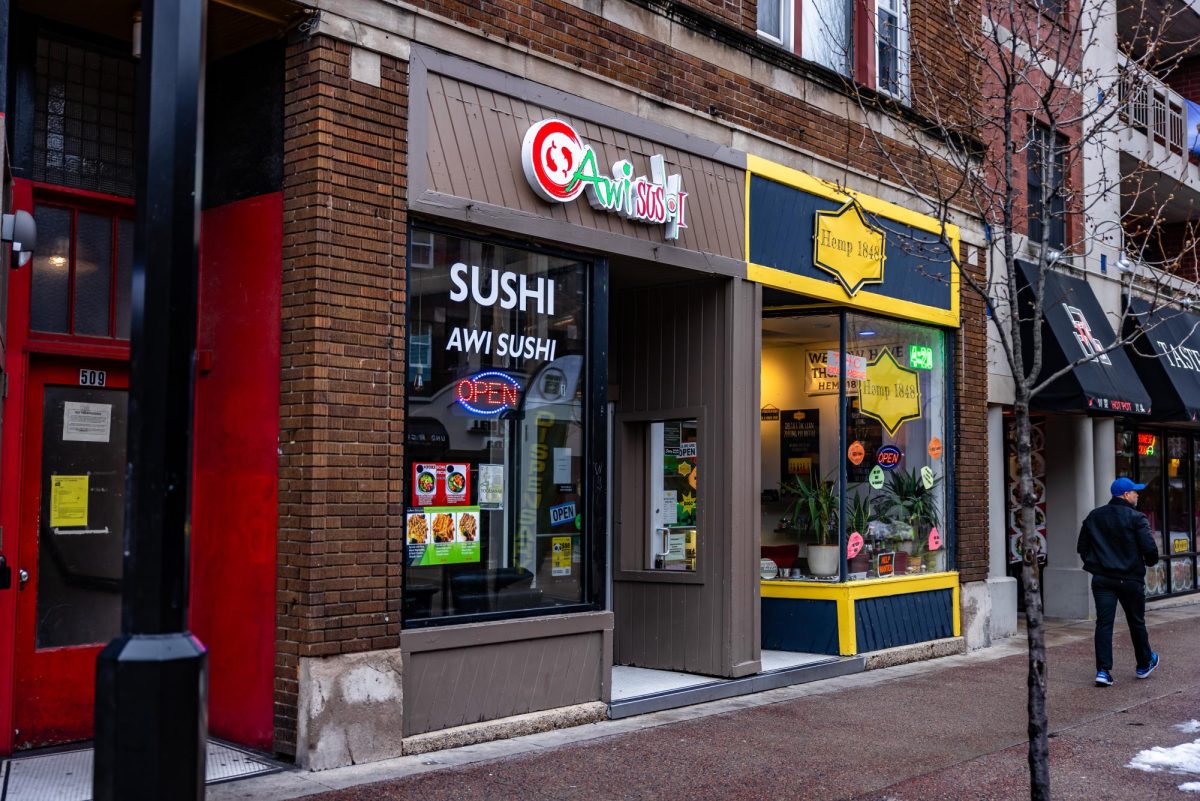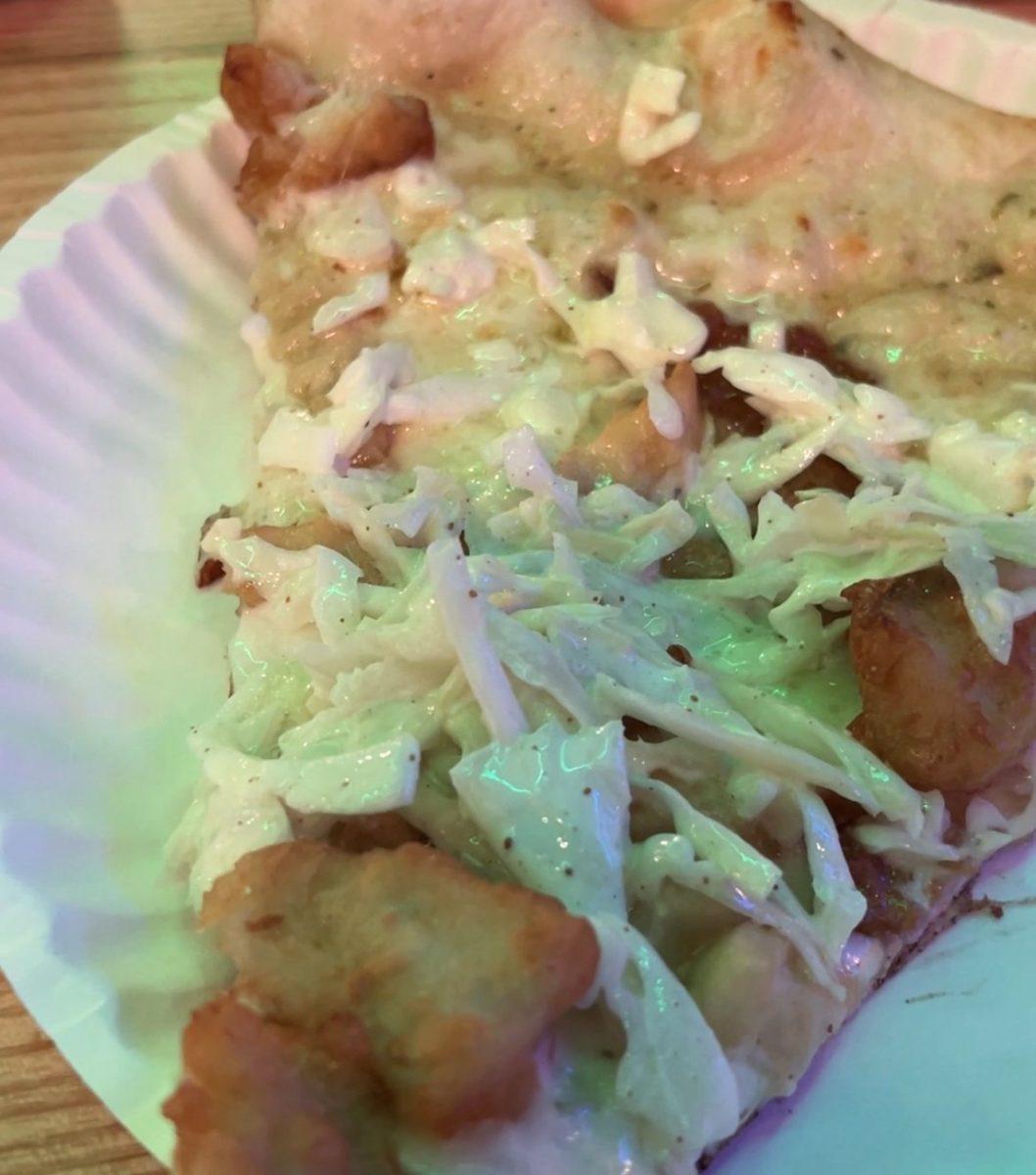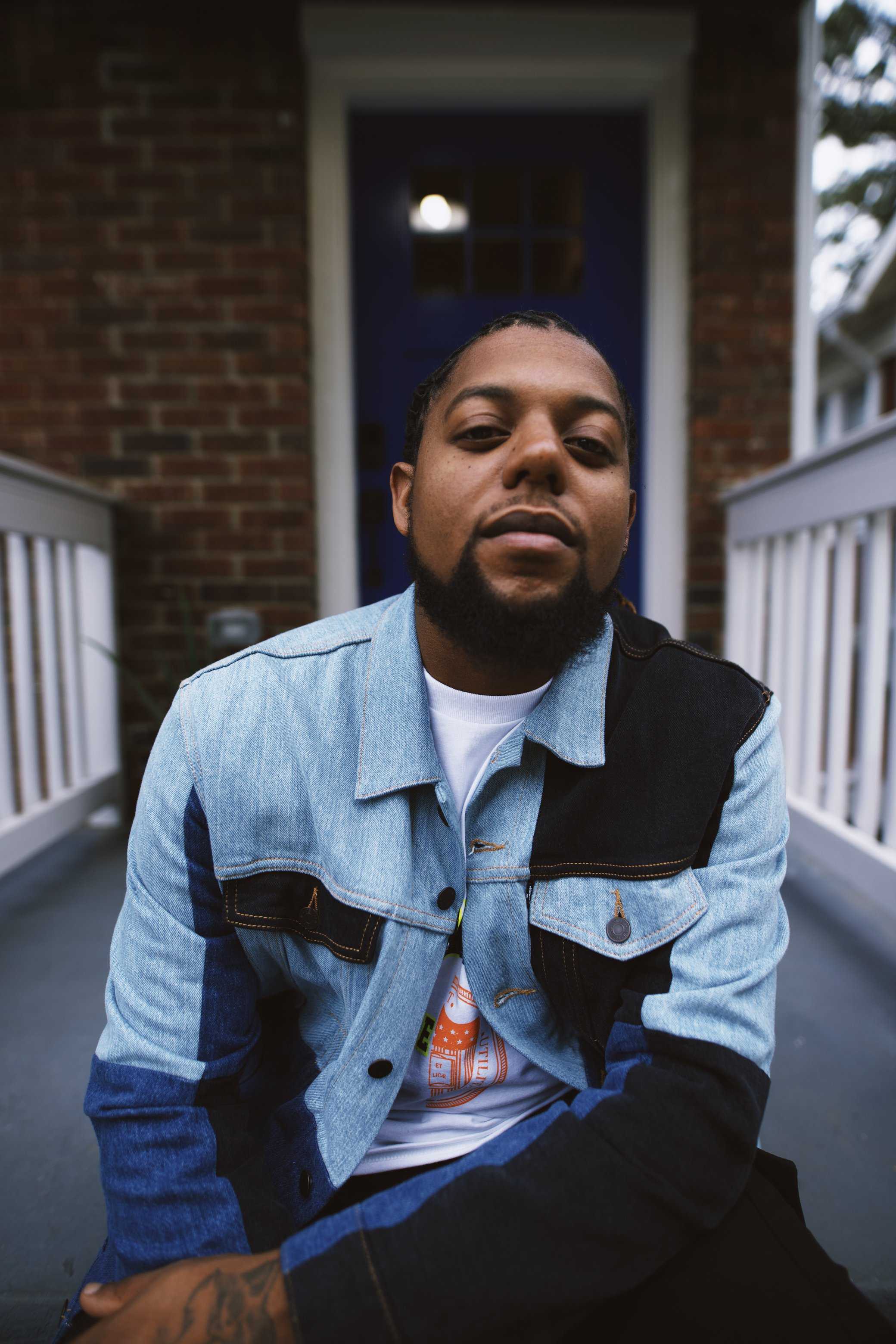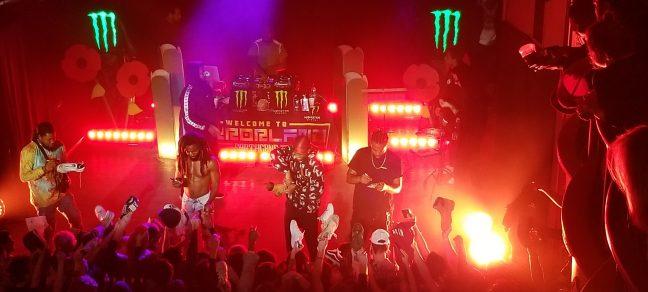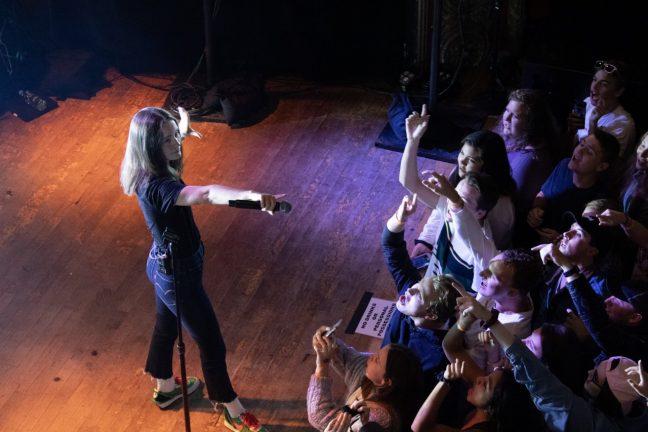Many will remember that classic, obnoxious rap from the middle school years, “I’m at the Pizza Hut, I’m at the Taco Bell, I’m at the combination Pizza Hut and Taco Bell.”
For some time, this hook from Heems’ former rap group Das Racist summed up his rap career. Known for their comic nature and off-kilter lines, Das Racist’s work often sprung discussion of whether the group was serious or not.
On his latest LP, Himanshu Suri — popularly known as Heems — has taken a bit of a different path. His last two solo projects, both mixtapes released while still with Das Racist, felt more like extensions of the group’s style and structure. Eat Pray Thug, on the other hand, has a feel that is all its own. The production is better than ever and has a more comprehensive, thought out and focused feel than anything that came before it in Heems’ discography.
Another notable departure from past works is the lyrical focus. While Heems has always been a provocateur in matters such as race relations and U.S. government missteps, it has always seemed like something that he casually yet frequently peppers into his lines. On Eat Pray Thug, it is the main focus. Hard-hitting songs like “Flag Shopping” and the closer “Patriot Act” demonstrate this the best.
“Flag Shopping” features an eerie piano instrumental alongside a pervasive industrial buzz that aptly frames the serious subject matter of the song. Heems vividly outlines the effects of Post-9/11 Islamophobia.
“They’re staring at our turbans / They’re calling them rags / They’re calling them towels / They’re calling them diapers / They’re more like crowns / Let’s strike them like vipers,” Heems raps.
The song elaborates on the irony of purchasing American flags to prove their allegiance to the United States. The most chilling part of the song (and maybe the entire album) is the father’s imagery who lost his clients due to Islamophobia, taking his frustrations out on his son with a belt “big like Orion’s.”
But the emotional and topical songs by no means end there. “Patriot Act” compares the song’s namesake to a “privacy prison,” and the premise of “Suicide by Cop” is police brutality. “Al Q8a” calls attention to unpopular actions from the U.S. government and hints at the notion that the United States may deserve actually some of the foreign policy quagmires it gives.
Heems doesn’t solely touch on racial and geopolitical strife, but the turbulence that can occur within his own head as well. “Home, ”which features production from Blood Orange’s Dev Hynes, presents the struggle of trying to forget someone after a breakup. Even “Sometimes,” the album’s most danceable track, has darker lyrical content. Heems addresses the dualistic nature of his existence in terms of personality, race, class and even female preferences by rapping sequential lines of his contrasting traits.
If you can ignore the sobering rhymes, this album absolutely bangs. Most of the instrumentals are complex in an enticing way. These aren’t just cookie-cutter hip-hop tracks. Serious work went into these beats — and it shows.
The one blemish in the series of good production is the midpoint of the album, “Pop Song (Games).” Taking into consideration Heems’ satirical disposition, outrageous overproduction and the vapid lyrics, it’s safe to say this is a poke at contemporary Top-40 music.
As unconventional as he may be, Heems is a unique and necessary voice in contemporary hip-hop. Who else can rap firsthand about the struggles of being a brown American post-9/11 this well?
Eat Pray Thug shows Heems as a type of old friend who has since grown and matured. No longer can anyone make fart jokes with him and laugh at slapstick humor, but will instead discuss politics or science at length. This friend is markedly less fun, but on a whole other level, more satisfying to be around.


